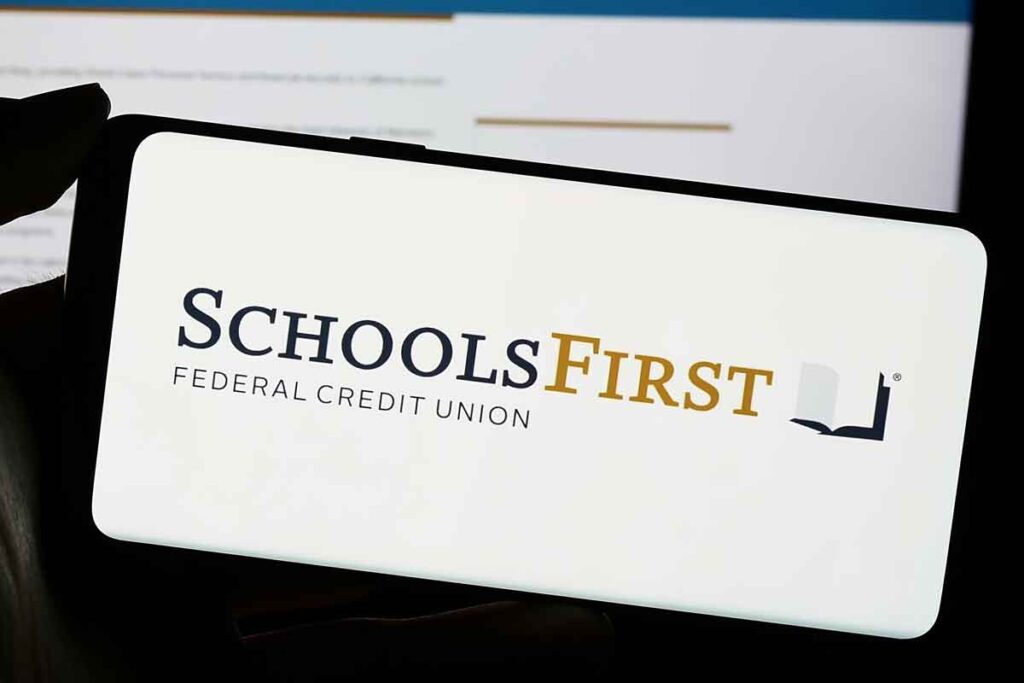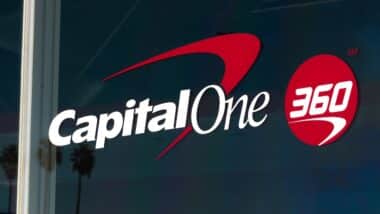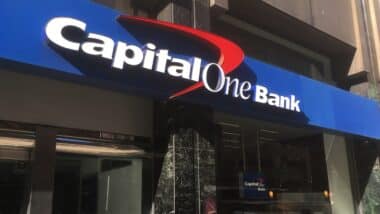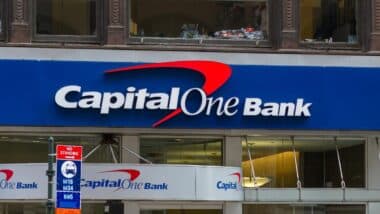
SchoolsFirst Federal Credit Union NSF fees overview:
- Who: SchoolsFirst Federal Credit Union is part of a Top Class Actions class action lawsuit investigation into improper non-sufficient fund fees.
- Why: While there is no evidence SchoolsFirst has done anything wrong, it is one of a decreasing number of financial institutions still charging NSF fees.
- Where: SchoolsFirst is headquartered in California and has more than 70 branches in the state.
- How to get help: Those whose bank charged them improper NSFs fees may qualify to join a free NSF fee class action lawsuit investigation.
SchoolsFirst Federal Credit Union is among a decreasing number of financial institutions still continuing to charge their account holders non-sufficient fund fees.
The California-based credit union charges a $22 NSF fee when an account is overdrawn, with a maximum of three NSF or overdraft fees per share, per day, according to SchoolsFirst.
SchoolsFirst also charges a $22 debit card overdraft fee per transaction when an account is negative by greater than $10 and the transaction that caused the overdraft is more than $10 and assesses a $30 insufficient fund fee per transaction honored against an overdrawn account.
Account holders who want to protect themselves from NSF fees can opt in to SchoolFirst’s overdraft protection program; however, the credit union maintains transactions made from an account with insufficient funds will be honored at its discretion.
SchoolsFirst Federal Credit Union NSF fees investigation to look for possible wrongdoing
While there is no evidence of any wrongdoing, SchoolsFirst is involved in a Top Class Actions’ class action lawsuit investigation into improper NSF fees.
The SchoolsFirst Federal Credit Union NSF fees class action lawsuit investigation looks into NSF fees and whether SchoolsFirst and other financial institutions improperly charged them.
Many consumers are not aware it is unlawful for a bank to charge more than one NSF fee for a single failed transaction.
A number of banks have chosen to stop charging NSF fees in recent years, including Capital One, Ally Bank, CitiBank, Wells Fargo and BMO Harris, among others.
SchoolsFirst’s overdraft policies previously came under investigation in 2019. The SchoolsFirst Federal Credit Union NSF fees investigation looked into whether SchoolFirst was going out of its way to order transactions in a way that would favor its overdraft policies.
Have you been charged an improper NSF fee by your bank? You may qualify to join a free NSF fee class action lawsuit investigation.
Don’t Miss Out!
Check out our list of Class Action Lawsuits and Class Action Settlements you may qualify to join!
Read About More Class Action Lawsuits & Class Action Settlements:















One thought on SchoolsFirst NSF fees included in recent TCA investigation
Has anyone heard about when the payout for the Anthem Blue Cross Blue Shield settlement will be. They keep extending the payout date.